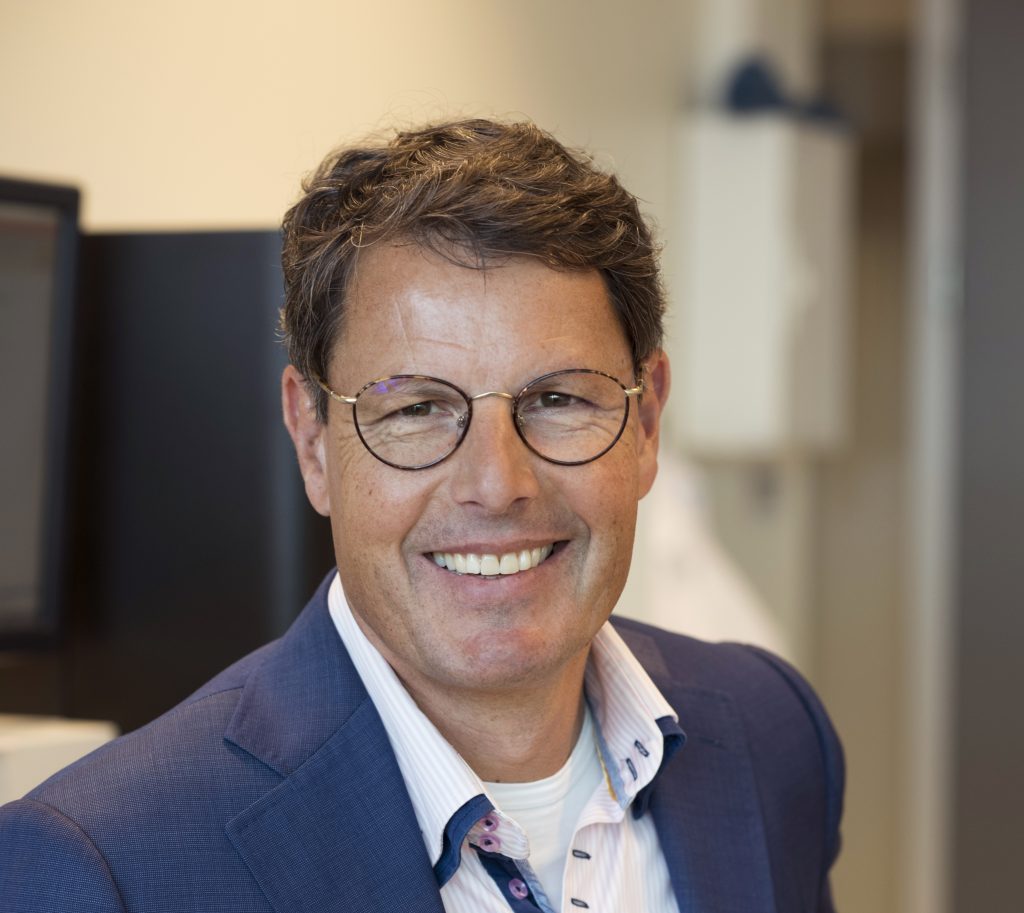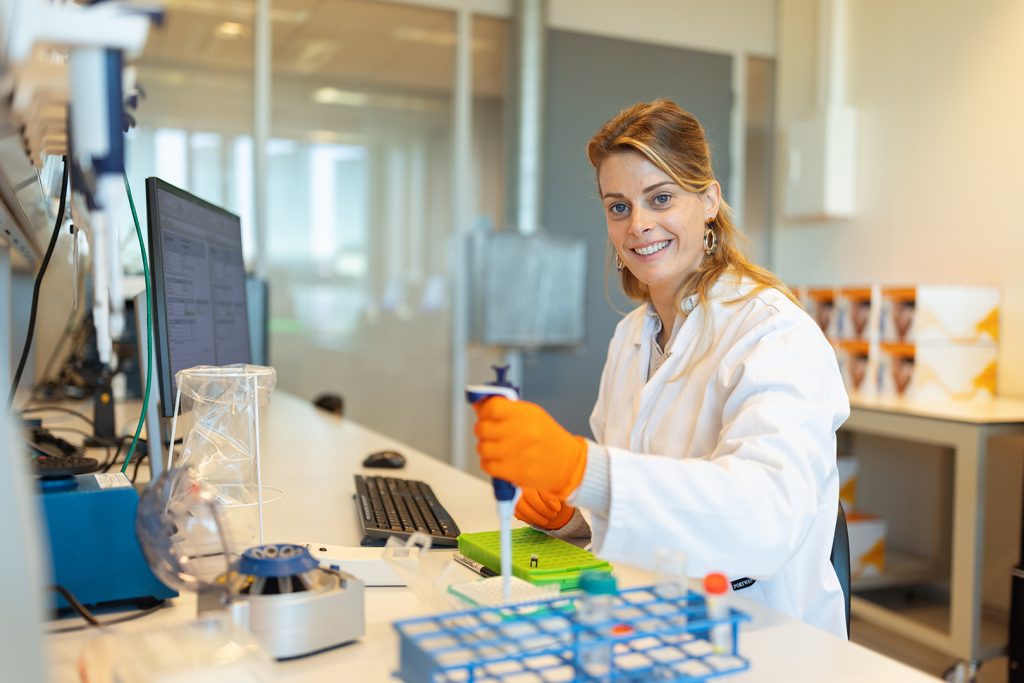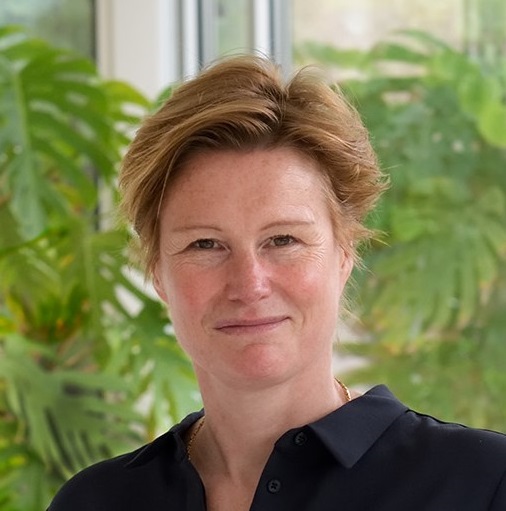Hartwig tools now available as a nextflow nf-core pipeline called oncoanalyser

The University of Melbourne Centre for Cancer Research (UMCCR) Genomics Platform Group, led by Professor Oliver Hofmann, has collaborated with the Hartwig Medical Foundation in Australia and The Netherlands (Hartwig) to improve and support access to a bioinformatics workflow for genomic sequencing analysis of cancer—an important step in facilitating data exchange between international research partners.
Joep de Ligt, Lead Data – Leadership team – Hartwig Medical Foundation
The UMCCR team has implemented the comprehensive cancer genomics toolset “WiGiTS” (developed by Hartwig and freely available to anyone) in the widely used Nextflow workflow language, and released it as a standardised, user-friendly application called “oncoanalyser”.
It offers a seamlessly integrated toolkit of bioinformatics tools for genomics in oncology; from neoepitopes to copy-number changes, and SNVs and InDels, to fusions and structural variants, all converging into one stream of data and an integrated report.
Importantly, oncoanalyser has been accepted into nf-core, a community-driven effort to collect a curated set of recommended, and streamlined analysis pipelines, aimed to reduce duplication and ultimately increase data re-use and comparability.
Researchers can now readily analyse cancer genome sequence data across various computing environments, including on-premises systems, public and commercial cloud platforms thus ensuring scalability, reproducibility and consistency.
The UMCCR team was driven by its interest in standards development and re-useable workflows, with creation of oncoanalyser led by their senior bioinformatician Dr Stephen Watts.
Dr. Stephen Watts, University of Melbourne:
“With oncoanalyser being accepted as a community-endorsed pipeline for cancer patient analysis, we are hoping to accelerate the use of genomic testing for cancer patients across labs who previously might not have had the capacity to do so.”
Professor Oliver Hofmann, University of Melbourne:
“The use of a standardised, streamlined workflow will mean that we can collectively increase sample sizes to more accurately find driver genes and other genomic features of different cancer types, which has historically been a massive hurdle worldwide.”
“We are looking forward to working with the international clinical and research community to see if we can harmonise the results from existing cohorts, making them more comparable and encouraging data exchange between partners—with the ultimate aim of contributing to a learning health care system.” he said.
The official release of oncoanalyser marks a significant step forward towards an internationally supported standard and end-to-end solution for molecular oncology.
We are thrilled to announce the results of the collaboration with Professor Hofmann’s team at the University of Melbourne Centre for Cancer Research, who have diligently made the WiGiTs workflow adaptable to any computational environment. As such we are looking forward to working with the international community to support its adoption and future improvements.
At Hartwig we already make uniformly analysed data of more than 6,600 patients available to the community but we’re actively exploring collaboration partnerships for connecting similar resources world-wide to facilitate researchers to improve cancer care.
WiGiTS
This is the name we have started using to refer to all the tools developed by Hartwig to perform a complete analyses of molecular (DNA + RNA) cancer data to support cancer diagnosis and research. A team of software developers in Sydney Australia is supporting and continuously improving these tools. You can find out more about each of the tools on github: https://github.com/hartwigmedical/hmftools. They are the tools and building blocks that make molecular oncology analysis possible on the ‘raw’ DNA data (think of them like your toolbox with screwdriver, hammers etc that make it possible to turn raw materials into pieces of furniture).
oncoanalyser
We’ve long been looking into ways to make it easier for people to run the Hartwig tools, because they work best when run all together. Nextflow is a workflow language that enables developers to define the order in which tools should be run and how they connect together (a bit like the building instructions for a piece of furniture) and it has additional tools hat allow you to bring that workflow to other computational environments (like a delivery truck that brings the building pieces and tools to your home).
This workflow, called oncoanalyser, brings all these things together for (most of) the Hartwig tools, allowing users to analyse their data with the same tools we use for diagnostic and research purposes. You can find many more details on the github page: https://github.com/nf-core/oncoanalyser/.
You read an article in the category IT. You may also be interested in Hartwig Medical Foundation, or Research.All news
Also read

Single WGS analysis of metastases is sufficient in most cases
DNA analysis of the tumor is of crucial importance to determine treatment options for patients with metastasized lung cancer. But …

In the media: Rarity – Personalised cancer treatment – fact not fiction
Imagine a world in which each person’s cancer is treated with a personalised, targeted medical treatment regimen. A world in …

Complete DNA analysis for young adults with cancer
KWF finances the expansion of the infrastructure for cancer research in young adults with almost 4.5 million euros. These are …

By using WGS, we took a step forward in molecular diagnostics in our department from the analysis of less than 100 genes to approximately 20,000 genes per patient. This provides an enormous amount of valuable information, not only for the patient of today, but also for the patient of the future.